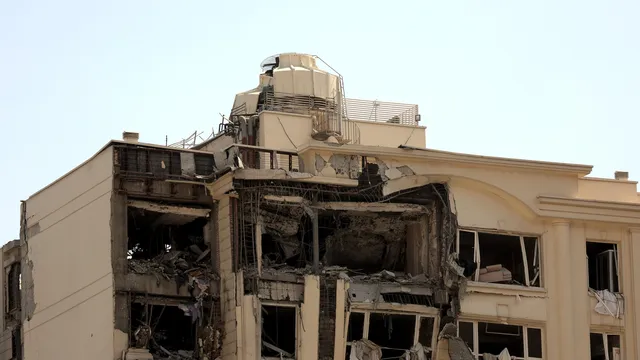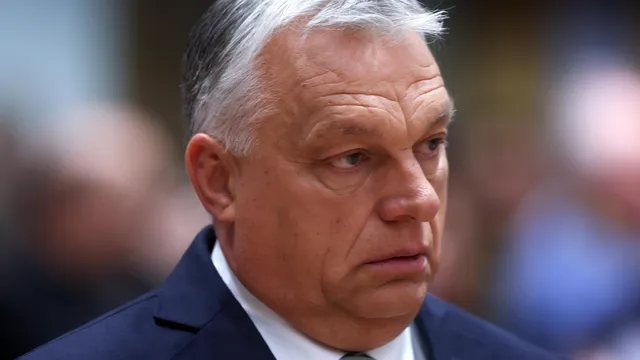American media reported that Israeli armed forces have completed preparations for an attack on Iran, which in turn has begun military exercises and threatened devastating reprisals if attacked.
The mutual threats between Jerusalem and Tehran are intensifying at a time when negotiations between the US and Iran on a new nuclear agreement have reached a critical point.
This is stated in a leading article in the Haaretz newspaper, which the BGNES agency published in full.
On June 15, the leaders of the negotiations, US presidential envoy Steve Witkoff and Iranian Foreign Minister Abbas Araghchi, are to meet in Oman to try to resolve the main dispute, namely Iran's demand to continue enriching uranium.
Signs of escalation are evident everywhere. The International Atomic Energy Agency reported, for the first time in 20 years, that Iran is not complying with its nuclear non-proliferation obligations, including inspections, despite accelerating uranium enrichment to a level that brings it closer to nuclear weapons.
The United States has evacuated its staff from embassies in countries close to Iran, and the top US military commander in the Middle East has canceled plans to testify before the US Senate so he can remain in the region due to fears of escalation.
Amid all this military rhetoric, Prime Minister Benjamin Netanyahu sent his envoys to talk to Whitcoff in an attempt to coordinate positions and influence the US negotiating position.
At this fateful moment, reaching an agreement that would bring Iran's nuclear program back on the path of restraint under international control would be better for all parties concerned than a military escalation that would ignite additional fires in the region. These fires could reach enormous proportions, but they would not fundamentally change the intentions of our enemy.
In any case, Iran will not forget the nuclear know-how it has acquired over decades of development just because some facility has been attacked. Furthermore, Israel cannot guarantee that military action, however bold and sophisticated, will prevent Iran from continuing down the nuclear path. And such an attack would certainly expose Israel's domestic front to the risk of serious damage.
The war that has been raging in the Gaza Strip for 20 months has once again shown how difficult it is to end wars or achieve "complete victory," as Netanyahu promises.
Military pressure alone will not bring security or victory.
It will not even bring back the 53 Israeli hostages still held by Hamas, 20 of whom are still alive. In Gaza, as in Iran, only an agreement will ultimately protect Israel's interests – to live in peace and security and to repair the military damage to the country.
We must not forget the connection between these two theatrical stages. The longer the war in Gaza and the starvation of its inhabitants continue, the more difficult it will be for Israel to mobilize the Western and Arab coalition to defend it against Iran. The conclusion is clear: Israel must encourage Washington in its efforts to conclude a new and better agreement with Iran, rather than opening another, even more dangerous front. | BGNES

 Breaking news
Breaking news
 Europe
Europe
 Bulgaria
Bulgaria







